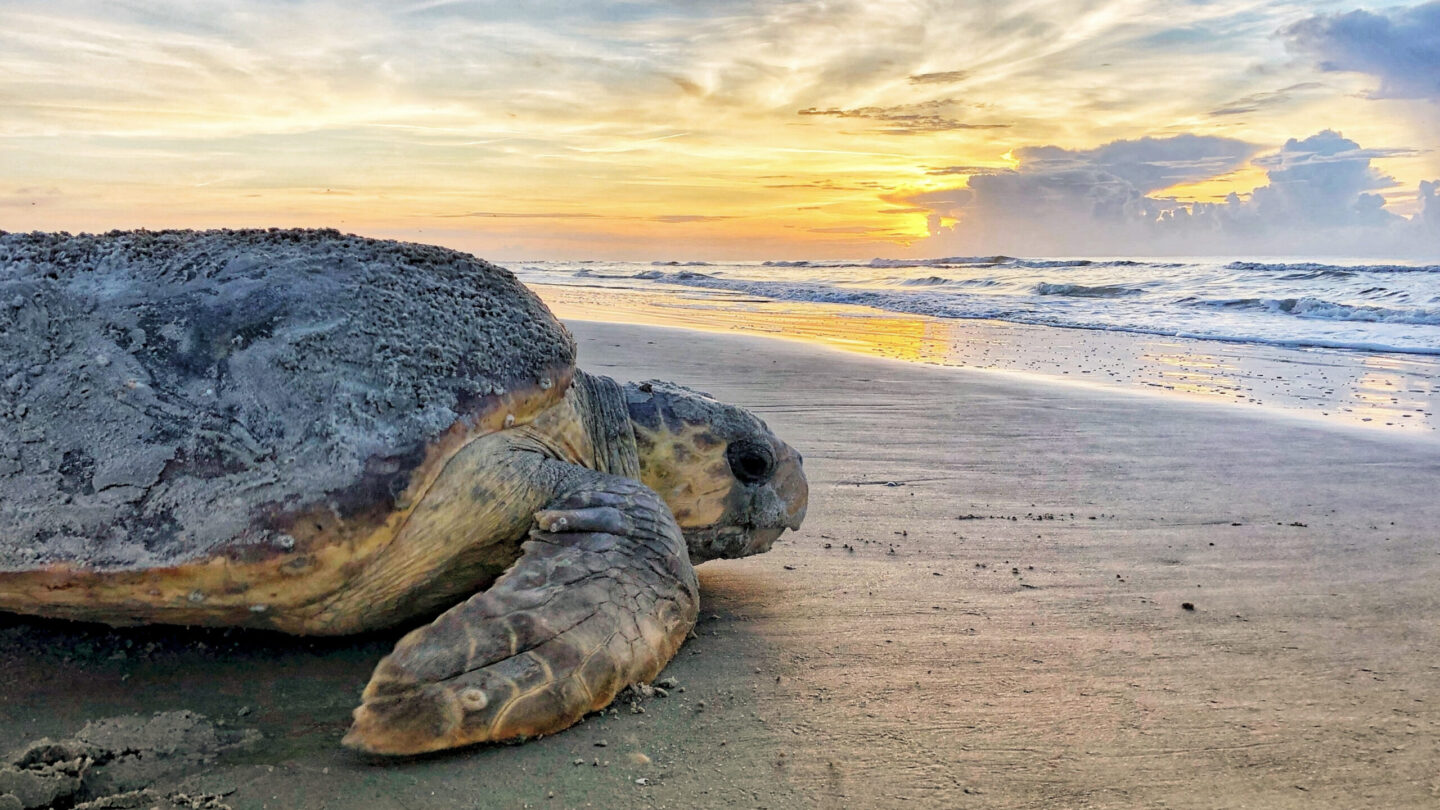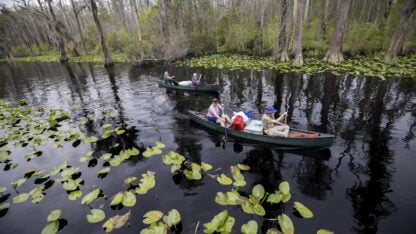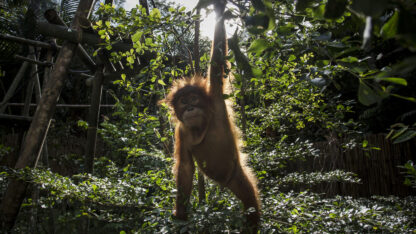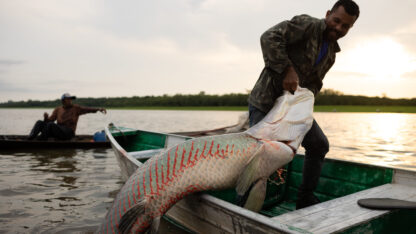Georgia wildlife officials and advocates urge passage of big federal bill to fund conservation

Loggerhead sea turtles, which nest on Georgia beaches, are one of the state’s high priority animals.
There are more than 3,400 species of plants in Georgia, 265 species of freshwater fish, 89 reptiles – and, for the bivalve fans – 129 species of freshwater mussels. It’s one of the most biodiverse states in the nation. But funding to protect all those plants and animals can be hard to come by.
That’s why Georgia wildlife officials and advocates are urging Congress to pass a bill that would give a big boost to conservation work here and around the country.
The Recovering America’s Wildlife Act, or RAWA, which has passed the U.S. House and is awaiting a vote in the Senate, would provide states, territories and tribal nations with about $1.4 billion annually.
Georgia stands to receive more than $27 million of that, according to supporters.
“It has the potential to be a game changer for species in Georgia and beyond, and is really landmark legislation,” Jennette Gayer, director of the group, Environment Georgia, said on a virtual meeting Thursday.
She and others are pushing to get the legislation passed before Congress leaves in a few weeks. Otherwise, they’d have to start all over with a new Congress in the new year.
The bill is bipartisan. It has sponsors from both parties in the U.S. House, where it’s already passed, and in the Senate, where it’s pending. In 2021, the Georgia General Assembly passed a resolution urging Congress to pass the bill – with no one voting against it.
“This is something we’ve been working on for quite a few years now. And we are literally within a hair’s breadth of passing this through the United States Congress,” said Mike Worley, CEO of the Georgia Wildlife Federation, who has been spearheading support for the bill in Georgia.
It’d be a dramatic increase in funds for wildlife protection in Georgia; the $27 million estimate is close to double the wildlife section’s entire budget for this year.
But even that doesn’t totally capture the scale of the potential boost, according to the agency, because that budget includes grants that were meant for targeted uses – for instance, funding to acquire a specific property.
One of the main ways the agency’s non-game wildlife work has been funded is through sales and renewals of Georgia’s butterfly and bald eagle license plates. The section can also typically rely on around $1.5 million a year from the federal government, and pads that with other competitive grants from the federal government and other funders, around $300,000 a year from the state, fundraisers and a state income tax checkoff.
Brett Albanese, assistant chief of wildlife conservation at the Georgia Department Natural Resources said the additional money would allow the agency to do more for the state’s 640 highest-priority plants and animals, including land conservation, working more proactively to keep species off the Endangered Species list, education, and law enforcement to address poaching and the illegal wildlife trade.
“With RAWA, you get this big chunk, and you can spend more time doing the conservation projects, less time shuffling the grant paperwork. So that’s a huge secondary benefit,” he said.
Worley said there’d been concern about how the wildlife bill would be funded, but a proposal’s now being worked out to tax cryptocurrency differently and use the proceeds from that.








